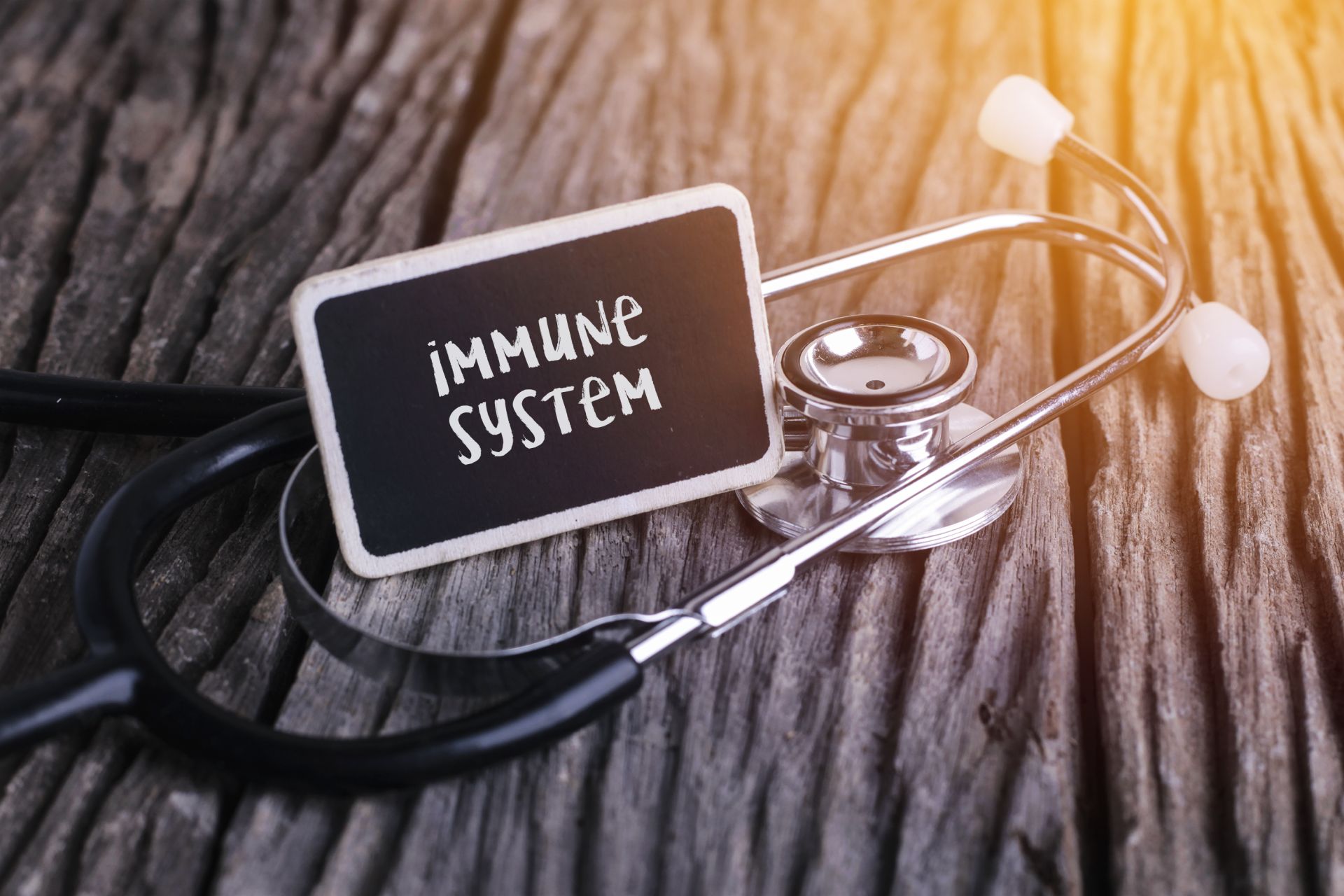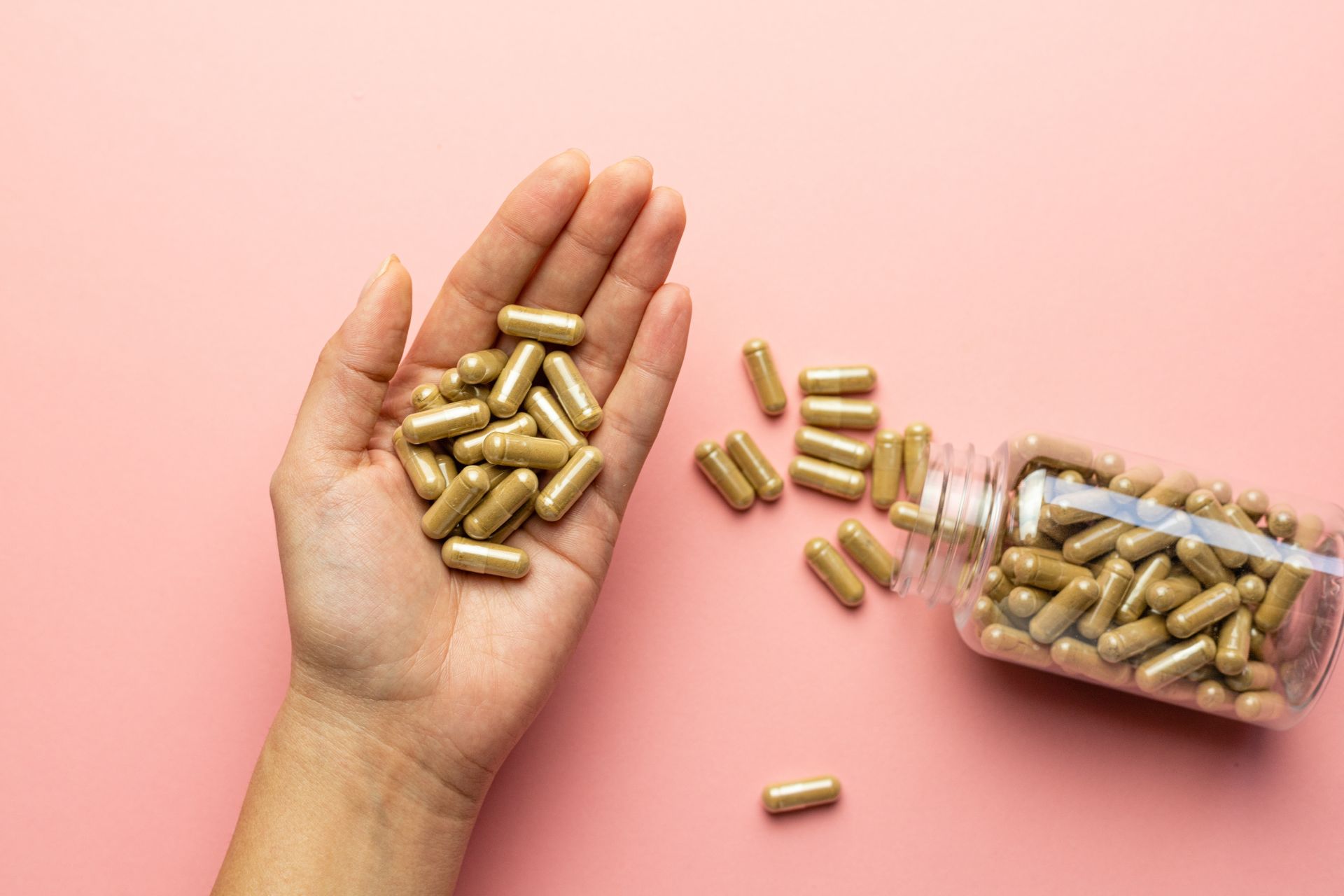Coenzyme Q10 and the immune system - what are the relationships?

Everyone wants to feel safe. The body's immune system is responsible for its safety. And it's worth remembering that this system protects against a huge number of threats, not just bacteria or viruses that cause runny noses and coughs. Coenzyme Q10 is one of the substances that affect the immune system, although we probably associate it more with supporting the heart and energy economy. Coenzyme Q10's effect on the immune system is multidirectional and can help in a variety of situations. Read the article to the end to learn about the relationship between Q10 and immunity.
- How does coenzyme Q10 affect the immune system?
- Will Q10 protect against cold and flu?
- Reports on the effects of Q10 on cancer
- What supplements with Q10 to use for the immune system?
- Summary
How does coenzyme Q10 affect the immune system?
Coenzyme Q10 performs a number of important functions in the cell that are necessary for the optimal functioning of the immune system. It is essential for its optimal functioning and also mediates the inflammatory response in disease.
It has been noted that coenzyme Q10 has anti-inflammatory effects through its ability to suppress the expression of genes involved in the regulation of inflammation. It also has the ability to enhance the activity of immune cells, especially B and T lymphocytes. An important finding was also that Q10 has an important function in the lysosome, a cellular organelle crucial to the immune response. Q10 maintains a slightly acidic pH (between 4.5 and 5.1) in lysosomes, which provides enzymes with adequate activity.
Q10's antioxidant activity is also useful. Phagocytic cells produce free radicals to destroy pathogens that attack the body, but these free radicals can also damage... phagocytic cells. Here, coenzyme Q10 acts as a factor that protects phagocytic cells from self-destruction.
Let's not forget the key property of coenzyme Q10, which is the regulation of cellular energy production. Activation of immune cells is an energy-intensive process. Its efficiency largely depends on the functioning of mitochondria, and therefore on the action of coenzyme Q10.
Will Q10 protect against cold and flu?
Although coenzyme Q10 is not the first choice supplement when it comes to immune support, we know that it is an essential substance for efficient protection of the body. There are mentions in the literature that insufficient coenzyme Q10 can increase susceptibility to infection. It has been noted, among other things, that people with influenza have significantly reduced levels of coenzyme Q10 compared to healthy individuals.
Interesting effects have been noted in clinical studies involving athletes. Intense sports lower immunity to infection, which is a big issue in the sports world. In these studies, a positive response of the immune system was noted in a relatively short period of 14-28 days. In these studies, doses ranging from 60 to 400 mg were used.
If you're looking for effective supplements to improve immunity to infections, check out also:
- zinc
- colostrum
- lactoferrin
- garlic
- Astragalus
- vital mushrooms

Reports on the effects of Q10 on cancer
Cancers develop when the immune system is not functioning optimally. Many strategies aimed at both preventing and supplementing conventional cancer treatment include precisely supporting and optimizing the immune system.
Coenzyme Q10 is an important antioxidant capable of preventing lipid peroxidation and oxidative damage to DNA and proteins. Since oxidative DNA damage, including mutagenic and cytotoxic changes, plays a role in the early stages of cancer, Q10 can potentially reduce the susceptibility of cells to cancer development.
Taking breast cancer cells as an example - significantly lower concentrations of Q10 were observed in cancer cells than in their non-cancerous counterparts. Supplementing coenzyme Q10 externally has the potential to enhance the protection of breast tissue cells, especially in high-risk patients. However, more clinical studies focusing specifically on the effects of coenzyme Q10 on cancer are needed to draw hard conclusions.
What supplements with Q10 to use for the immune system?
There are no official recommendations on the use of coenzyme Q10 for immune system support, but as part of general prevention and to protect the body's structures from excessive oxidative degeneration, it is best to take 100-200 mg of coenzyme Q10 per day, although sometimes taking up to 400 mg is also reasonable. For best results, it's a good idea to take it with meals that contain a fat source, since Q10 is fat-soluble and can then be better absorbed. For high doses, it's also a good idea to divide it into smaller portions and take it several times throughout the day.
Summary
Coenzyme Q10 has an excellent reputation for use for heart, brain and muscle health. The immune system, fortunately, is not left in the shadows and also benefits from its properties. Supplementation when we are threatened by its deficiency can help maintain normal immune system function, especially affecting the control of inflammatory processes.
Sources:
 ⮜ Previous article
⮜ Previous article
Ashwagandha - a natural supplement for stress and insomnia
 Next article ⮞
Next article ⮞